Saturn And Its Moons
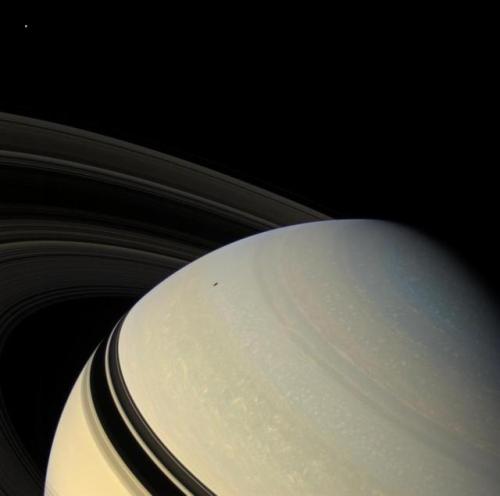
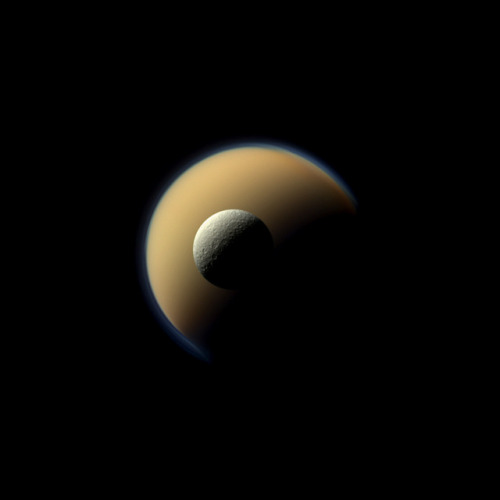
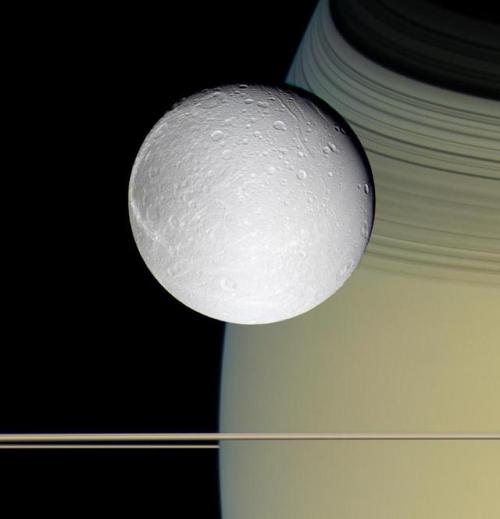
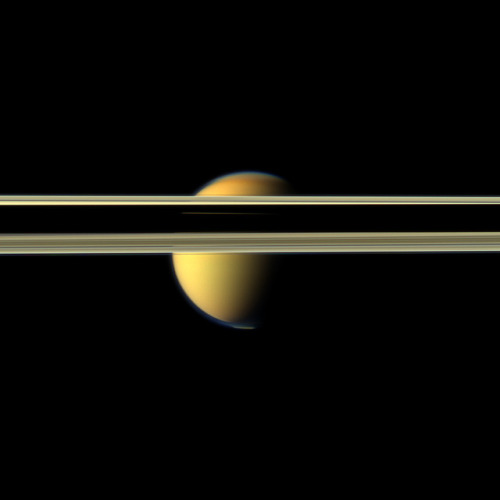
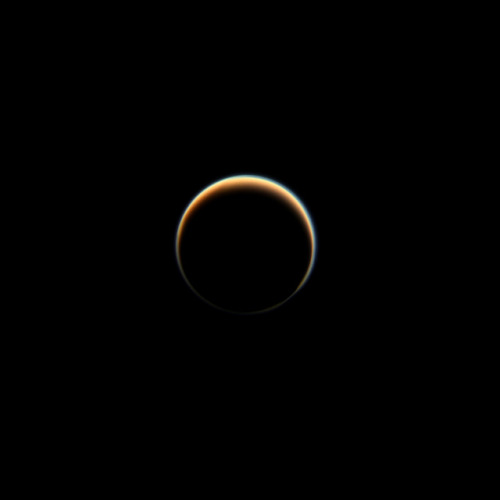
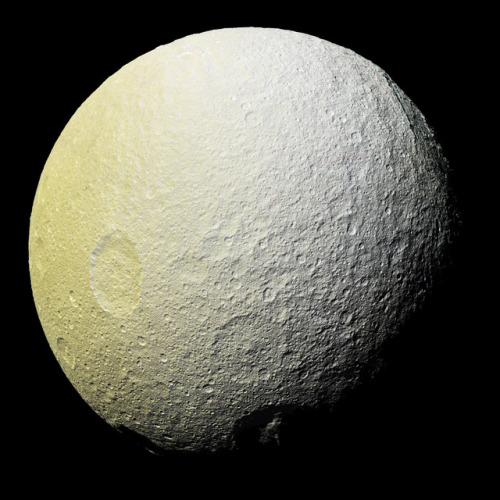
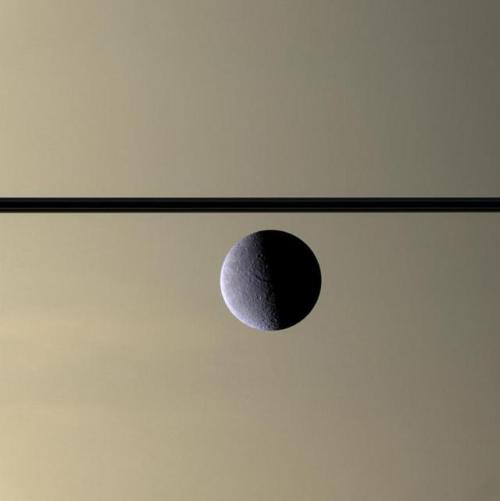

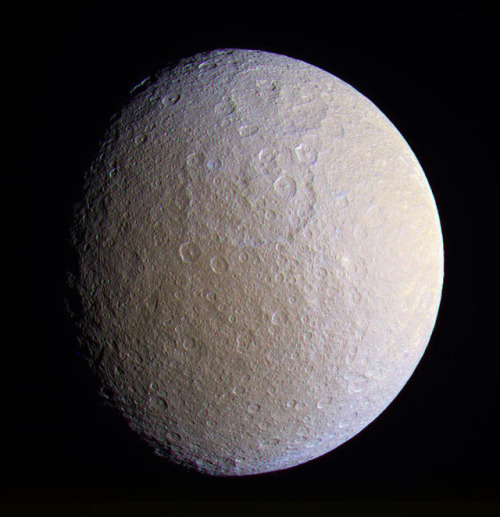
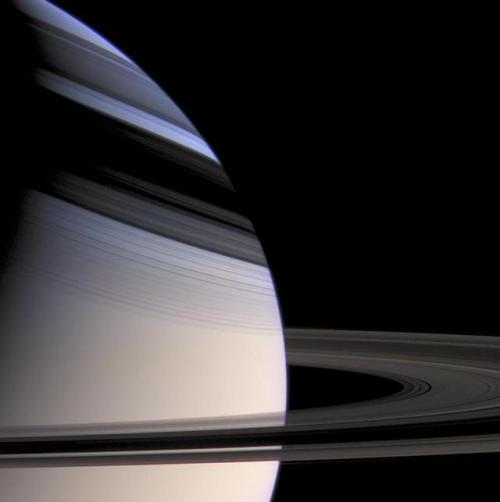
Saturn and its moons
Image credit: NASA/JPL-Caltech
More Posts from Xnzda and Others
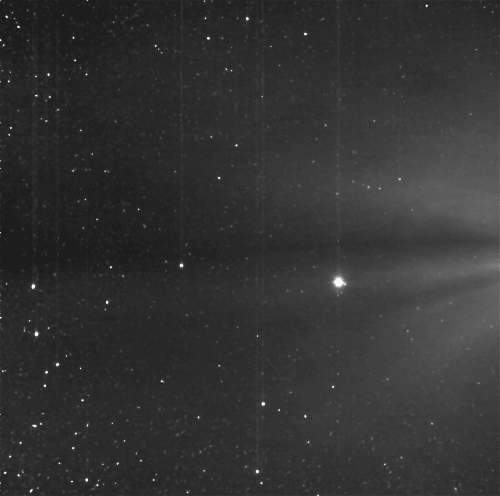
stars, mercury, and solar corona, photographed by stereo a, january 2009.
27 frames, photographed over 36 hours, 2nd-3rd january. the sun is out of frame right.
image credit: nasa/stereo. animation: ageofdestruction.
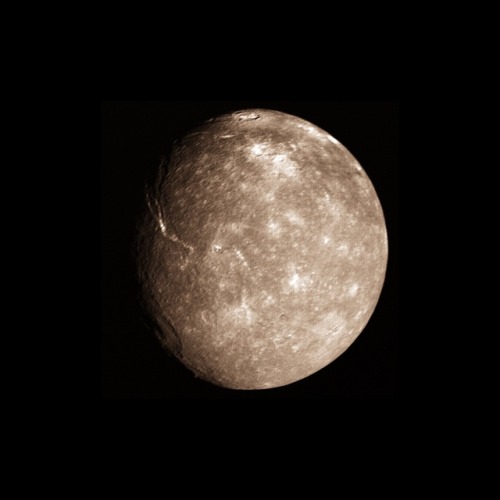

Two moons of Uranus: Titania and Oberon. Both moons were discovered by William Herschel in 1787.
Credit: NASA/JPL
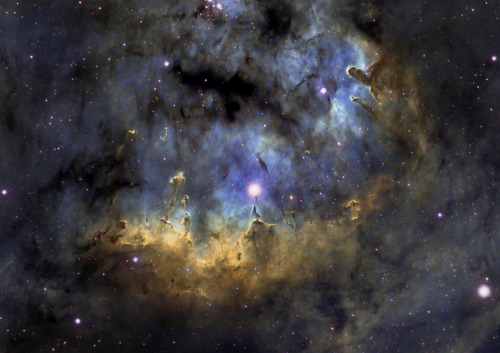
Astronomy Photo of the Day: 5/30/15 — Vividly Blue NGC 7822
This beautifully blue image comes from Manuel Fernández Suarez—an award winning astrophotographer. It provides a window into the heart of a stellar nursery, found approximately 3,000 light-years from Earth in the Cepheus constellation.
Called NGC 7822, it lurks on the outskirts of a behemoth molecular cloud (one of the largest in our galaxy), and contains numerous features, like the star cluster known as Berkeley 59, along with one of the hottest stars in our local part of the galaxy—called BD+66 1673 (there, temperatures can exceed 45,000 K).
As we noted before, “The region, formally known as NGC 7822, contains hundreds of newborn stars that are leaving their own mark on the interstellar material surrounding them, seeding it with heavy elements that will ultimately collapse to give life to a new generation of stars. These same stars are also slowly chipping away at some of the material, they in turn, give it its distinct shape and its designation as an emission nebula.”
Sources & Other Resources: http://bit.ly/1LPOf5M
Image Credit: Manuel Fernández Suarez

The Spanish Dancer and her supernova by strongmanmike2002 on Flickr.

Grand Spiral Galaxy - M 100
Known as a grand design spiral galaxy, M100 is a large galaxy of over 100 billion stars with spiral arms that are like our own Milky Way Galaxy. This Hubble Space Telescope image of M100 was made in 2009 and reveals bright blue star clusters and intricate winding dust lanes which are hallmarks of this class of galaxies. Studies of variable stars in M100 have played an important role in determining the size and age of the Universe.
Credit: NASA/APOD

Comas and Tails of Comets The generally unexpected and sometimes spectacular appearance of comets have triggered the interest of many people throughout history. A bright comet can easily be seen with the naked eye. Comets are usually not discovered until after a coma or tail has formed. Depending on the apparent size of the coma or tail, a comet can be very bright. Some comets have a tail extending more than 45˚ on the sky. The earliest records of comet observations date to ~6000BCE in China. The smaller nucleus (rocky body) of a comet, often only a few kilometres in diameter, is usually hidden from view by the large coma, a cloud of gas and dust roughly 10 to the power of 4-10 to the power of 5 km in diameter and not seen with the naked eye, a large hydrogen coma, between 1 and 10 million km in extent, which surrounds the nucleus and visible gas/dust coma. Two tails are often visible, both in the antisolar direction: a curved yellowish dust tail and a straight ion tail, usually of a blue colour. Comets are usually inert at large heliocentric distances and only develop a coma and tails when they get closer to the sun. When the sublimating gas evolves off the surface of a comet’s nucleus, dust is dragged along. The gas and dust form a comet’s coma and hide the nucleus from view. Most comets are discovered after the coma has formed when they are bright enough to be seen with relatively small telescopes. ~ JM Image Credit More Info: Comets, NASA Coma

Beware of the Big, Bad Wolf
Visible within the center of the Crescent nebula is what’s classified as a Wolf-Rayet star. This star is a staggering 250,000 times brighter than the Sun, 15 times more massive, and 3.3 times larger. Its surface temperature is nearly 70,000° C/ 125,000° F. At just 4.7 million years old, it is already toward the end of it’s life and is shedding its outer envelope, ejecting the equivalent of the Sun’s mass every 10,000 years. Within a few hundred thousand years, it is expected to explode as a supernova. (Image Credit: Michael Miller, Jimmy Walker)

Antennae galaxies, an intense star-forming region created when two galaxies began to collide some 200 million to 300 million years ago. The bright, blue-white areas show newly formed stars surrounded by clouds of hydrogen, which are colored pink. A similar collision is expected between our galaxy, the Milky Way, and the nearby Andromeda galaxy in several billion years.
Source: national geographic
Credit:NASA/ESA/HUBBLE

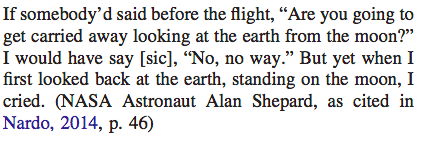
Astronauts talking about viewing the earth from the moon, from The Overview Effect: Awe and Self-Transcendent Experience in Space Flight
-
 londongrl liked this · 3 months ago
londongrl liked this · 3 months ago -
 anna2zkb7 liked this · 6 months ago
anna2zkb7 liked this · 6 months ago -
 phatalredarsinnal reblogged this · 7 months ago
phatalredarsinnal reblogged this · 7 months ago -
 dreamsfr0myesterday reblogged this · 1 year ago
dreamsfr0myesterday reblogged this · 1 year ago -
 henryasilva liked this · 1 year ago
henryasilva liked this · 1 year ago -
 alover1961 liked this · 1 year ago
alover1961 liked this · 1 year ago -
 grellgirl liked this · 1 year ago
grellgirl liked this · 1 year ago -
 theessenceofjaida liked this · 1 year ago
theessenceofjaida liked this · 1 year ago -
 leoversoti liked this · 1 year ago
leoversoti liked this · 1 year ago -
 phetamineme liked this · 1 year ago
phetamineme liked this · 1 year ago -
 jack-sparrow-06 liked this · 2 years ago
jack-sparrow-06 liked this · 2 years ago -
 itsmistake reblogged this · 2 years ago
itsmistake reblogged this · 2 years ago -
 thecryptoanthropologist1 liked this · 2 years ago
thecryptoanthropologist1 liked this · 2 years ago -
 stay-young-look-young-blog liked this · 2 years ago
stay-young-look-young-blog liked this · 2 years ago -
 youngmaninamerica reblogged this · 2 years ago
youngmaninamerica reblogged this · 2 years ago -
 youngmaninamerica liked this · 2 years ago
youngmaninamerica liked this · 2 years ago -
 ridazzle liked this · 2 years ago
ridazzle liked this · 2 years ago -
 jameskaneart reblogged this · 2 years ago
jameskaneart reblogged this · 2 years ago -
 jameskaneart liked this · 2 years ago
jameskaneart liked this · 2 years ago -
 herecomesthehuman reblogged this · 2 years ago
herecomesthehuman reblogged this · 2 years ago -
 fdofox reblogged this · 2 years ago
fdofox reblogged this · 2 years ago -
 fdofox liked this · 2 years ago
fdofox liked this · 2 years ago -
 daretoshowit liked this · 2 years ago
daretoshowit liked this · 2 years ago -
 masciamanga liked this · 2 years ago
masciamanga liked this · 2 years ago -
 bornruffianss reblogged this · 2 years ago
bornruffianss reblogged this · 2 years ago -
 diveintomyson reblogged this · 2 years ago
diveintomyson reblogged this · 2 years ago -
 nomorebugs reblogged this · 2 years ago
nomorebugs reblogged this · 2 years ago -
 nomorebugs liked this · 2 years ago
nomorebugs liked this · 2 years ago -
 yidpunk reblogged this · 3 years ago
yidpunk reblogged this · 3 years ago -
 kitnjon liked this · 3 years ago
kitnjon liked this · 3 years ago -
 palominojacoby reblogged this · 3 years ago
palominojacoby reblogged this · 3 years ago -
 angelicsoul99 reblogged this · 3 years ago
angelicsoul99 reblogged this · 3 years ago -
 ilovestudying555 reblogged this · 3 years ago
ilovestudying555 reblogged this · 3 years ago -
 ilovestudying555 liked this · 3 years ago
ilovestudying555 liked this · 3 years ago -
 akis-b liked this · 3 years ago
akis-b liked this · 3 years ago -
 locaageha liked this · 3 years ago
locaageha liked this · 3 years ago
